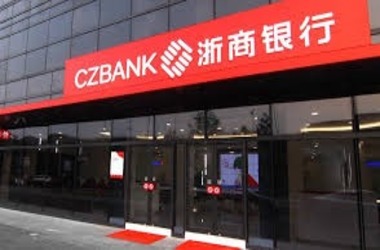
Being a short-term investment, an asset-backed commercial paper is disbursed by financial organization to assist enterprises achieve near-term objectives.
Referred to as “Lianxin 2020 Lianjie First Phase Asset-backed Commercial Paper,” validity of the Lianxin ABCP is six months and the time of next issue is yet to be announced. An executive of the NAFMII pointed out that the adoption of blockchain technology would offer enterprises a “direct channel to markets, helping to greatly increase the accessibility of business financing.”
Issues are faced by small, medium and micro-enterprises while issuing bonds as they do not have any link with open markets.
The roll out of Lianxin ABCP will pave way for easy financial assistance for SMEs. The ABCP “increases the accessibility of financing for SMEs that have difficulty with financing via direct debt issuance.”
The platform will also facilitate supply chain finance to small, medium, and micro-enterprises and minimize complexity in operations.
The central bank of China, in partnership with top banks, is leading blockchain innovation in conventional finance.
On May 13, Fan Yifei, People’s Bank of China’s deputy governor, suggested that China should expedite its blockchain adoption plan. A day later, the PBoC suggested the creation of a blockchain powered trade funding platform for the Guangdong-Hong Kong-Macao Greater Bay Area.
Back in April, the Industrial and Commercial Bank of China published a white paper suggesting the likely applications of blockchain technology in finance sector.
